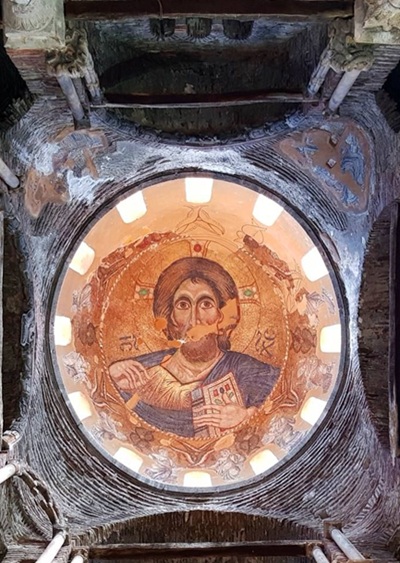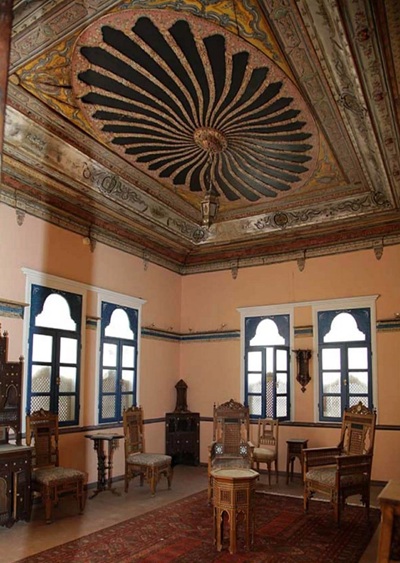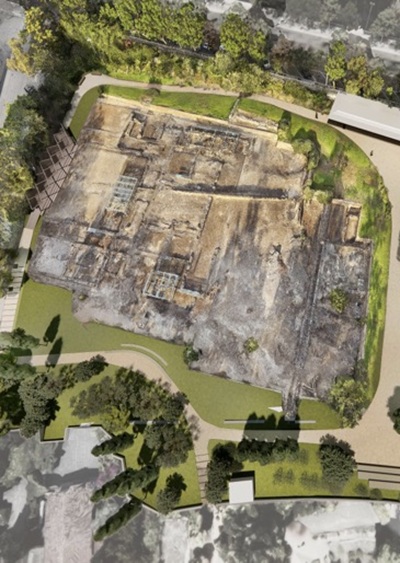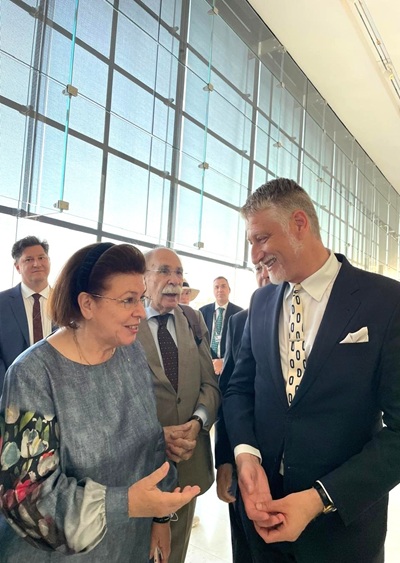
The Ministry of Culture and Sports is proceeding with the restoration and re-use of the buildings of The Leper factory in Spinalonga, the dormitories and the hospital, in order to create exhibition spaces. The project is part of the overall promotion, conservation and protection work carried out in the Venetian fortress by the Ministry of Culture and Sports.
As the Minister of Culture and Sports Lina Mendoni stated: “the islet of Spinalonga, an extremely important fortress complex of The Venetian period, but also a place charged with harsh memories from the period when the islet functioned as a leper colony, has been at the center of the Ministry of Culture and sports for years. In addition to the major restoration interventions and works for the promotion and restoration of the island’s building stock, which are in progress, and in addition to the accessibility and upgrading projects of the ticket office– shop, we include the restoration of The Leper farm buildings, the dormitories and the hospital, in order to host exhibitions on the history and memory of the island. We want to highlight the cultural palimpsest of Spinalonga, its history, as it is expressed through the different periods of habitation and the special conditions that were formed in them. The Venetians turned a barren rock into a strong fortress, the Muslims into one of the strongest economic and commercial centers of the region, while the patients of the leper colony created a society of solidarity. The approval of the museological study is an essential step for the museum re-use of The Leper factory buildings, which are the only remaining remnants of the organized building activity of that period, as the rest were demolished in the 1980s. The island is a symbol of the human will and the struggle for something better.”
For the organization of the permanent exhibition, the buildings of the dormitories of the leper hospital and the hospital building are used. It is divided into four large conceptually independent units and a small unit with the diachronic habitation of the island. It essentially covers chronologically a period from the 16th century. (Venetian) until the 20th century. (1957, last year of operation of The Leper farm). The specific objectives include references to the natural environment of the area around the island, the creation of a narrative that helps to better understand the monuments and encourage a comprehensive museum experience, the management of memory and “difficult heritage”. Highlighting the stories of the people who inhabited the island and the objects, as well as the visual material of the collection, aim to help the visitor to experience the particularity of life on the island.
The building of the hospital provides for the creation of a Hall of multiple cultural uses (for temporary exhibitions, lectures, conferences and events), a refreshment room and visitor service. All buildings are planned to be accessible to people with disabilities using ramps and lifts.













Leave A Comment